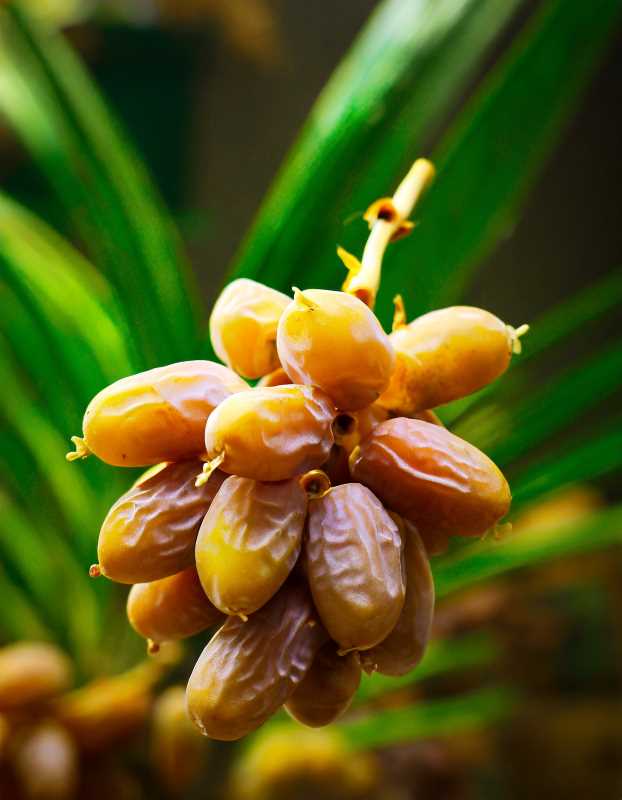The Economic Potential of Date Palms in Mexico
Date palms, originating in Mesopotamia, thrive in arid regions globally. In Mexico, San Luis Río Colorado leads date cultivation. With rich nutritional value, dates offer economic potential and health benefits.

The majestic date palm (Phoenix dactylifera L.) has its roots deeply embedded in Mesopotamia. It has become a pivotal fruit crop in arid and semi-arid regions across the globe, especially in the Middle East, South Asia, North Africa, and Central America. The resilient countries within these regions stand as major producers and exporters of dates and value-added date products.
In Mexico, the cultivation of date palms has found a niche, particularly in Baja California, Baja California Sur, Sonora, and Coahuila. San Luis Río Colorado, Sonora, leads the charge with a sprawling 1,620 hectares dedicated to date palm cultivation, closely followed by Mexicali, Baja California, with 1,438 established hectares.
The success of date palm cultivation in these regions can be attributed to the ideal climate and soil conditions, which have allowed this fruit to flourish. Beyond its natural habitat, date palms have become a source of income for local populations, offering a significant economic opportunity.
Dates, with their distinctive oblong, oval, or rounded shapes, measuring between 1.8 to 11 cm in length and weighing between 2 and 60 grams per fruit, have found a place in the average Mexican diet, with an annual consumption of 80 grams per person. Their versatility extends beyond direct consumption, with dates being utilized as sweeteners and flavor enhancers in dairy products and desserts. The preservation of dates through drying extends their shelf life, although it often results in a slight reduction in nutritional value compared to their fresh counterparts.
Examining the nutritional composition of dates reveals their rich content of carbohydrates, particularly glucose and fructose, providing a valuable source of energy. Additionally, dates are abundant in dietary fiber, low in lipids and protein, and contain essential minerals such as magnesium and potassium. These minerals play a crucial role in blood pressure regulation and cardiac function. Furthermore, dates house calcium, selenium, manganese, zinc, iron, and B vitamins (B6 and B3), contributing to red blood cell production, neurotransmitter synthesis, and energy metabolism.

Delving deeper into the intricacies of date composition, one discovers a treasure trove of bioactive substances such as date sterols, phytoestrogens, phenolic compounds, carotenoids, and β-glucans. These compounds have demonstrated a spectrum of health benefits, including antioxidant, antimicrobial, anti-inflammatory, hepatoprotective, gastroprotective, anticancer, and immunostimulatory properties.
However, it's imperative to recognize that the health benefits and nutritional content of dates are contingent upon variables such as variety, harvesting stage, and the treatment applied during preparation. This nuanced understanding opens avenues for further research and development, emphasizing the need for tailored processing options to harness the full potential of dates.
In light of the physical characteristics that favor transport and conservation, the challenge now lies in unlocking innovative processing options. Dates, with their wealth of nutritional benefits, can serve as a viable alternative for the creation of new food products, thereby stimulating increased consumption.
The integration of date palms into the realm of food processing not only aligns with global health trends but also presents a compelling business opportunity for those willing to invest in the future of sustainable and nutritious agriculture. As we stand at the intersection of tradition and innovation, date palms beckon us to explore their full potential and usher in a new era of agricultural and culinary possibilities.
In-Text Citation: Oficina de Prensa y Colaboradores, ‘El dátil: de Sonora para México’. Centro de Investigación en Alimentación y Desarrollo (CIAD), 1 Dec. 2023, https://www.ciad.mx/el-datil-de-sonora-para-mexico/.




